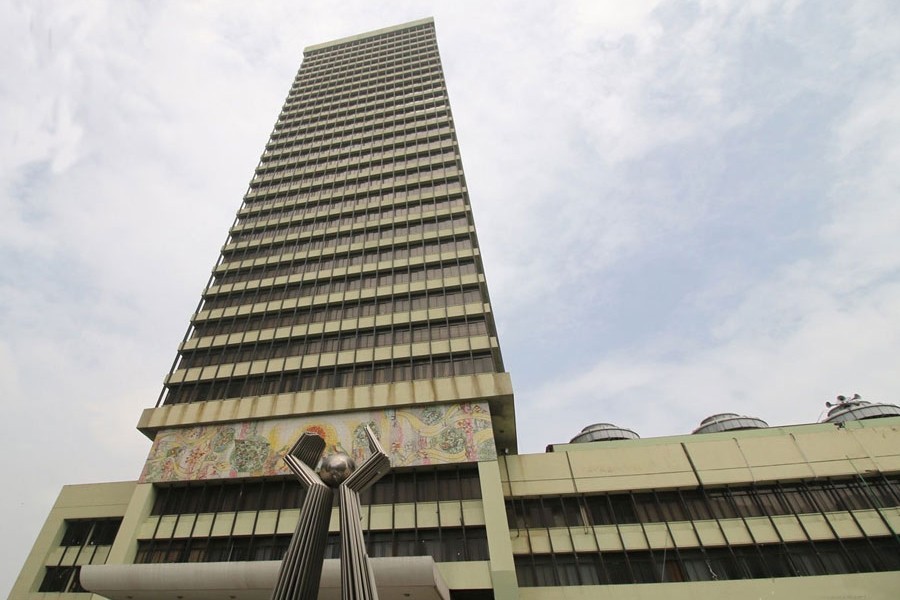Govt suspends funds for 'less important' projects in austerity drive

Published :
Updated :

The government has reduced its allocation for the Annual Development Programme and is no longer releasing funds for 'less important' projects as it expands austerity measures, bdnews24.com reports.
The Ministry of Finance has categorised ongoing projects into three categories by importance. Projects in the third, or 'C' category, will not receive additional funding for the time being.
The decision was announced in a circular issued by the budget branch of the ministry on Sunday. A separate circular also suspended the purchase of new cars and an allowance for attending meetings for all types of government institutions.
The circular titled 'Prioritisation and Sustainable Implementation of Annual Development Programme Projects for FY 2022-23' states that in the current global economic situation, projects have been categorised into A, B and C according to priority under the Annual Development Programme to ensure proper utilization of limited resources.
The ‘A’ category projects of ministries, departments and other institutions and their subordinate departments and agencies will continue to be implemented as usual.
For the 'B' category, less than 75 per cent of government funding will be released and less than 75 per cent can be spent.
“The release of funds for 'C' category projects will be suspended for now. However, the concerned ministries, departments and other institutions may, as required, reallocate the funds allocated for the 'C' category projects (with the prior approval of the Planning Commission and the Finance Department where applicable) to the 'A' category projects," the circular said.
The ministry said the notice would take effect immediately with the approval of the relevant authorities.
Though the effects of the COVID pandemic have diminished a bit, the global economy slowed down last February because of Russia's invasion of Ukraine. A number of factors, including the depreciation of the taka against the dollar, increases in the cost of imports, and increases in the price of raw materials, have led to inflation and rising cost of living.
In these circumstances, the government has taken a number of measures to cut costs since last June. Decisions have already been made to suspend foreign tours, discourage the import of luxury goods, increase LC margins on imports, and bring back money laundered abroad.


 For all latest news, follow The Financial Express Google News channel.
For all latest news, follow The Financial Express Google News channel.